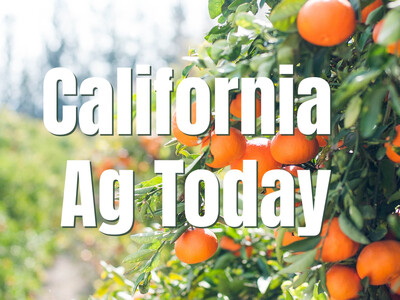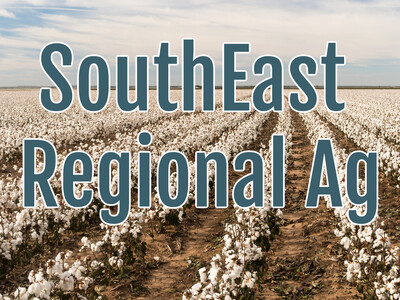A Really Big Show & Non-Lethal Intervention
A Really Big Show & Non-Lethal Intervention plus Food Forethought. I'm Greg Martin with today's Northwest Report.The 110th Annual Hort Convention wrapped up yesterday in their new location of the Tri-Cities, WA. Previous years alternated between Yakima and Wenatchee, WA. While final numbers won't be available until next week all indications are this was the biggest show ever according to Washington State Tree Fruit Association's, Jon DeVaney.
DeVANEY: Well I think we probably had the best attendance we've ever had and also a lot of really good feedback about the location.
The Washington State Horticultural Association is being merged into the new Tree Fruit Association.
DeVANEY: Things seem to be going pretty smoothly. There's always some administrative details to take care of we've maintained our services for our members, the conference has gone off well and we're getting geared up for the legislative session.
New research is showing that lethal intervention for gray wolf attacks on livestock is counter-productive. Washington State University studies show killing wolves leads to more sheep and cattle killed the following year. The study has been looking at 25 years of data from the U.S. Fish and Wildlife Services Interagency Annual Wolf Reports in Montana, Wyoming and Idaho. A report last year showed the same results from lethal intervention of cougars.
Now with today's Food Forethought, here's Lacy Gray.
While in college I worked at a local fast food restaurant to earn extra money, and one of the things that bothered me while working there was the amount of unsold food we had to throw away on a nightly basis. The painful irony is that while millions of us waste food millions more are starving. Ben Simon, a young college student has definitely stepped up to the plate to do his part about lowering food waste and feeding the hungry. Along with three other concerned students from different campus organizations Simon co-founded the Food Recovery Network in 2011; a non-profit that collects leftover food from college campuses and redistributes it to those in need. Now there is a National Leadership Team of 7 with110 college chapters making up the Food Recovery Network. Broadening its scope the FRN recently launched a new certification program called "Food Recovery Certified" in which restaurants and businesses can qualify for certification by donating their surplus food to local non-profits at least once a month. Upon being certified those businesses receive a bright green sticker to proudly place in their front window so customers can see that they are a business that is committed to food recovery.
Thanks. Lacy. That's today's Northwest Report. I'm Greg Martin on the Ag Information Network of the West.














